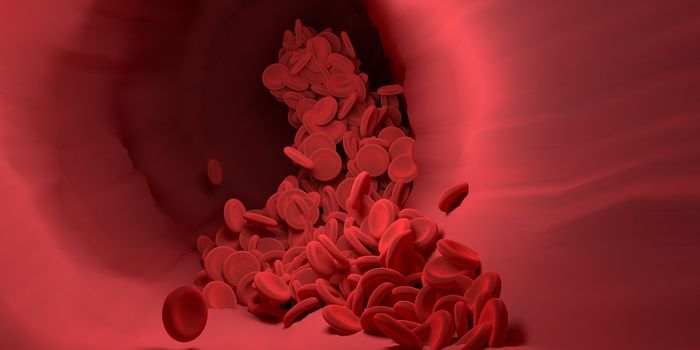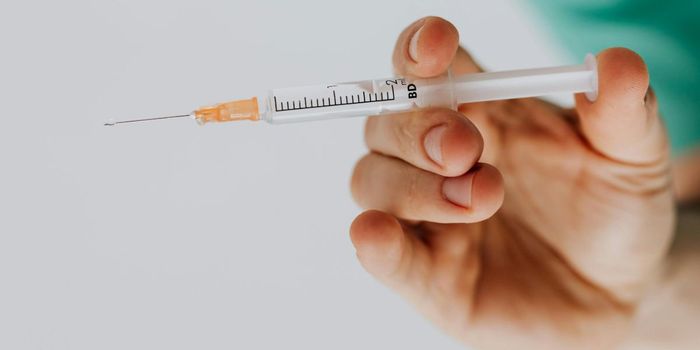Leishmaniasis is an infectious disease caused by the bite of parasite-infected sand flies, and it's usually found in tropical regions and southern Europe. The infection can be either cutaneous, causing skin sores, or visceral, affecting internal organs (
CDC). The number of leishmaniasis infections has quadrupled since the 1990s, and researchers from Spain looked to calculate the risk and determine how to prevent infections in vulnerable transplant patients.
In a recent study published in
PLoS Neglected Tropical Diseases, scientists looked at 63 individuals who had received solid organ transplants and worked to determine the number of patients who had come into contact with the parasite and what their risk was of developing leishmaniasis at any point for the rest of their lives. Because of the immunosuppressive therapy transplant patients receive to prevent organ rejection, these patients have a 100 times greater risk of developing severe visceral leishmaniasis compared to immunocompetent people.
The team conducted two tests scanning for any form of leishmaniasis infection. One test involved experimental lymphocyte proliferation assays and cytokine production analysis, to examine how the immune system was working, potentially hinting at a leishmaniasis invasion. The second test was more routine - "serologic and parasitology tests" that are normally used to diagnose cases of leishmaniasis.
The scientists saw a correlation between the two tests, and this initial success points to the experimental assays as new indicators of leishmaniasis progression at various stages of infection. Continuing studies with these analytic tests could help scientists understand the relationship between transplant patients and their lifetime risk of developing leishmaniasis.
Ultimately, the team is interested in preventing the initial transmission of leishmaniasis as well as relapse recovery. Identifying which immunocompromised patients are at high risk of relapsing with infection could help doctors know when to administer additional chemotherapeutics to prevent additional infections in individuals not completely recovered.
"Being the recipient of an organ tranplant is increasingly common amoung the Spanish population," said Dr. Javier Moreno, team researcher. "As a consequence, it is necessary to both prevent the risk of infection in transplant patients and to adopt appropriate measures for disease management and prevention in clinical cases in order to prevent relapses."
Watch the following video to learn more about leishmaniasis.
Source:
Plataforma SINC









